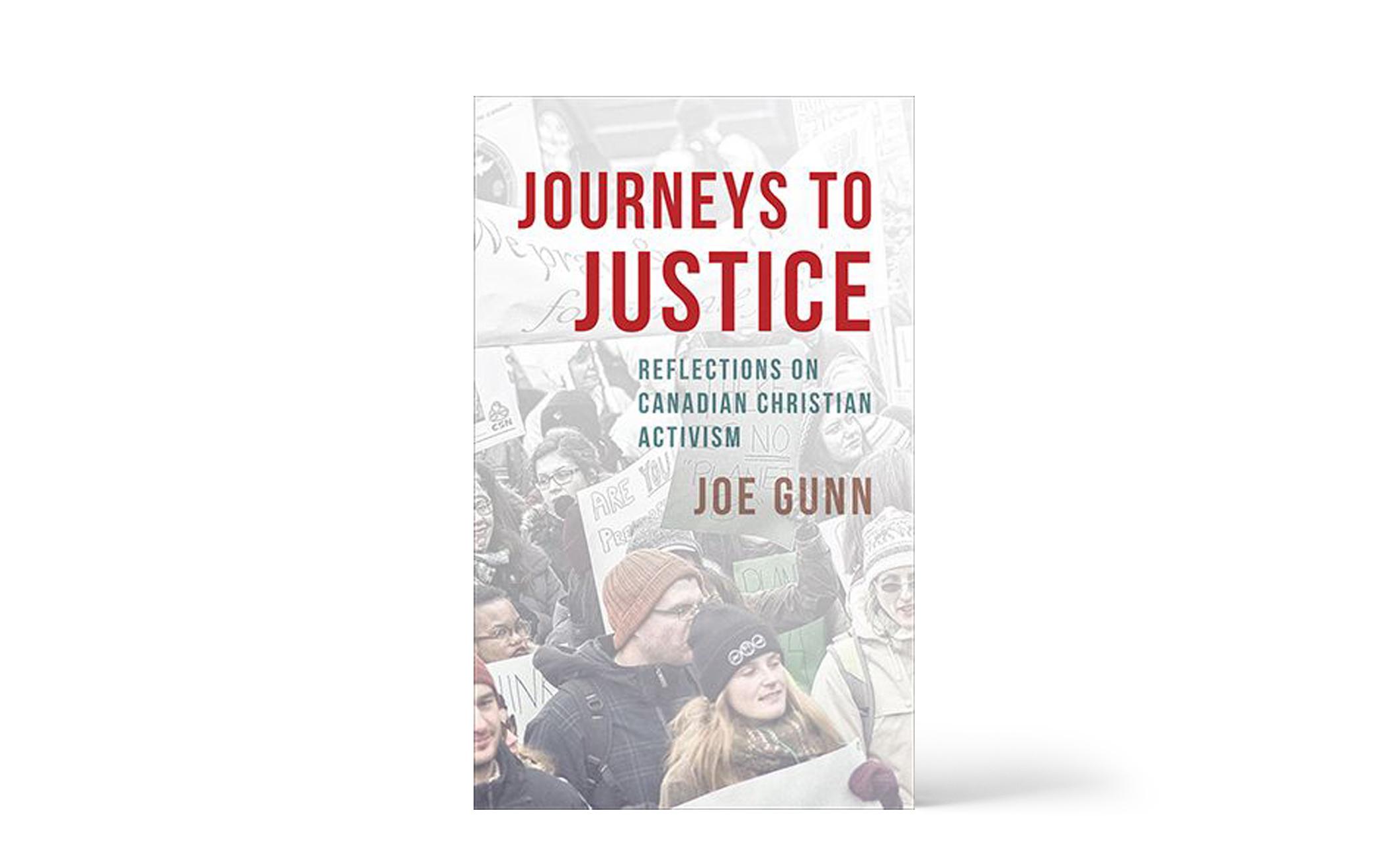How should churches deal with politics? Christian Reformed members are no strangers to this incandescent question. Many promote public justice as individuals but oppose any institutional church activism. Others believe the denomination should “advocate” but not “lobby” for social justice—but the distinction is not always clear.
Joe Gunn’s new book, Journeys to Justice, doesn’t definitively answer this question. Instead it tells stories of social justice work by Canadian churches. Gunn serves as executive director of Citizens for Public Justice (CPJ), one of several social movements born from Abraham Kuyper’s worldview that nourished many post-war Dutch immigrants in Canadian CRCs. Gunn offers 10 first-person interviews with main players in denominational and ecumenical justice victories. Several stories will resonate with CRC members in both the U.S. and Canada.
Churches and Refugees
Mennonite Bill Janzen describes the process leading to 1978’s Immigration Act in Canada. This law created a definition of refugees, thus opening Canada to thousands of Indochinese people fleeing war-torn homelands. Soon after, the CRC signed a Master Agreement as a government-recognized private sponsor on April 5, 1979. Since then, dozens of congregations have resettled some 9,000 refugees. During the 2014 Syrian refugee crisis, World Renew’s Refugee Coordinating Office arranged for nearly 50 Christian Reformed churches to sponsor Syrian families. Christian Reformed churches in the U.S. have also welcomed many refugees in this long campaign of mercy. Such blessings will be hard to replicate given recent cuts to the number of refugees the U.S. will accept.
Justice for Indigenous People
The history of Christian Reformed participation in social justice extends to other areas as well. In the 1970s, lawyer and former CRC member John Olthuis was research director of the Committee for Justice and Liberty (CJL), CPJ’s precursor. He led Project North, which won a Canadian Supreme Court case to achieve a longstanding moratorium on the Mackenzie Valley Pipeline.
Churches and Canada’s Health Care
Although the CRC did not participate in developing Canada’s original national health care program, communities of faith were an important part of the discussion in establishing universal health care in 1968. Former CRC Board of Trustees delegate Peter Noteboom is now general secretary of the Canadian Council of Churches (CCC), to which the CRC also belongs. He shares the story of how, while associate secretary of the CCC’s justice and peace arm, he helped create the Ecumenical Health Care Network that in the early 2000s advocated for improved health care and influenced the Royal Commission on Health Care in Canada’s report and recommendations.
Dreams for the Future
In a final challenging essay, Lutheran David Pfrimmer shows that churches have lost influence because of sex scandals and participation in residential schools that tried to “kill the Indian in the child.” Pfrimmer considers this time a new opportunity for a next necessary step to find strength in weakness—perhaps like the early church. He daringly envisions cooperation among Jews, Muslims, Christians, and Indigenous people to be themselves, yet work for common goals.
Might God mysteriously, surprisingly use this wild dream as part of our eschatological hope for Christ to reconcile all things to himself? Jesus’ resurrection reminds us that far stranger things have happened. (Novalis)
About the Author
Retired pastor James Dekker, from St. Catharines on Lake Ontario, has lived in the Great Lakes Watershed most of his life, seeing its earlier worrisome pollution gradually cleaned up from efforts of growing numbers of environmental action groups.

